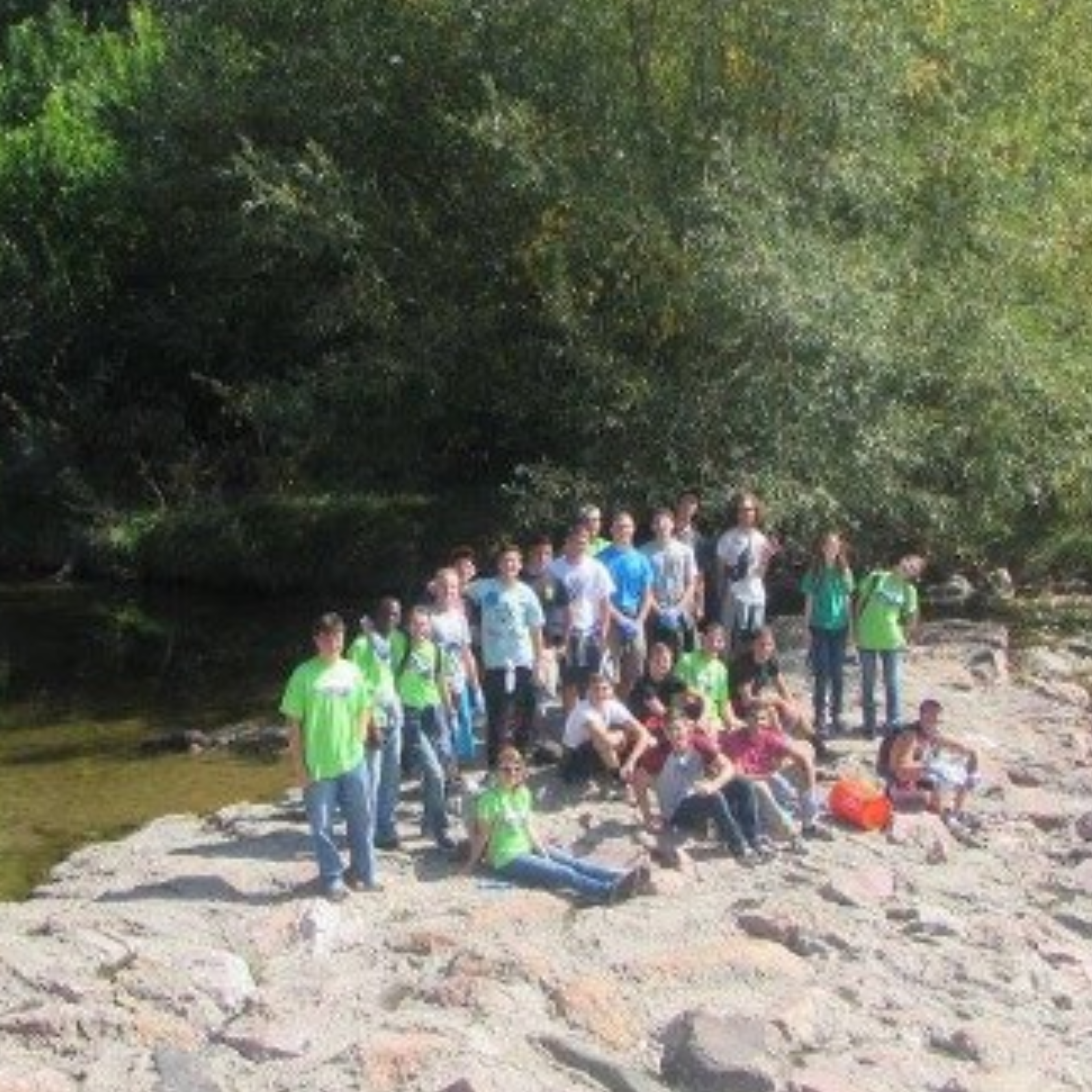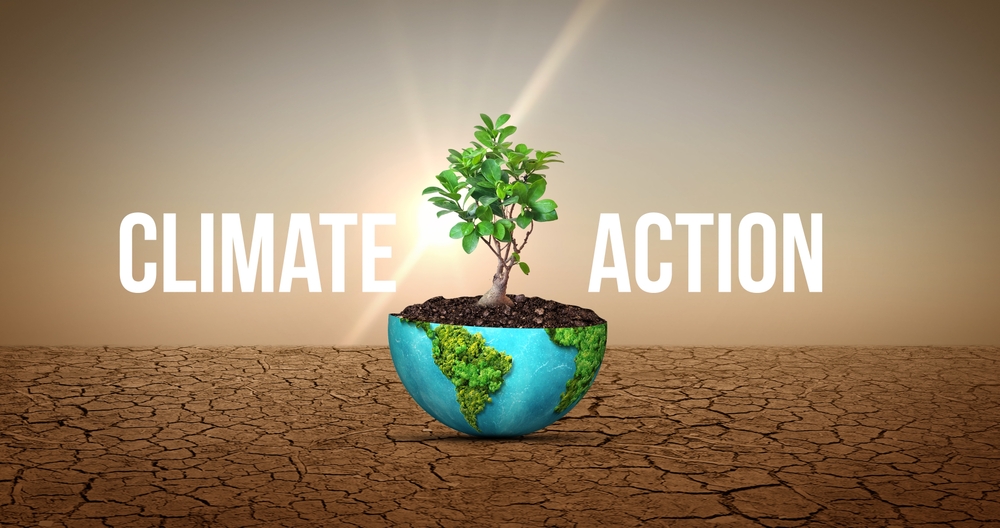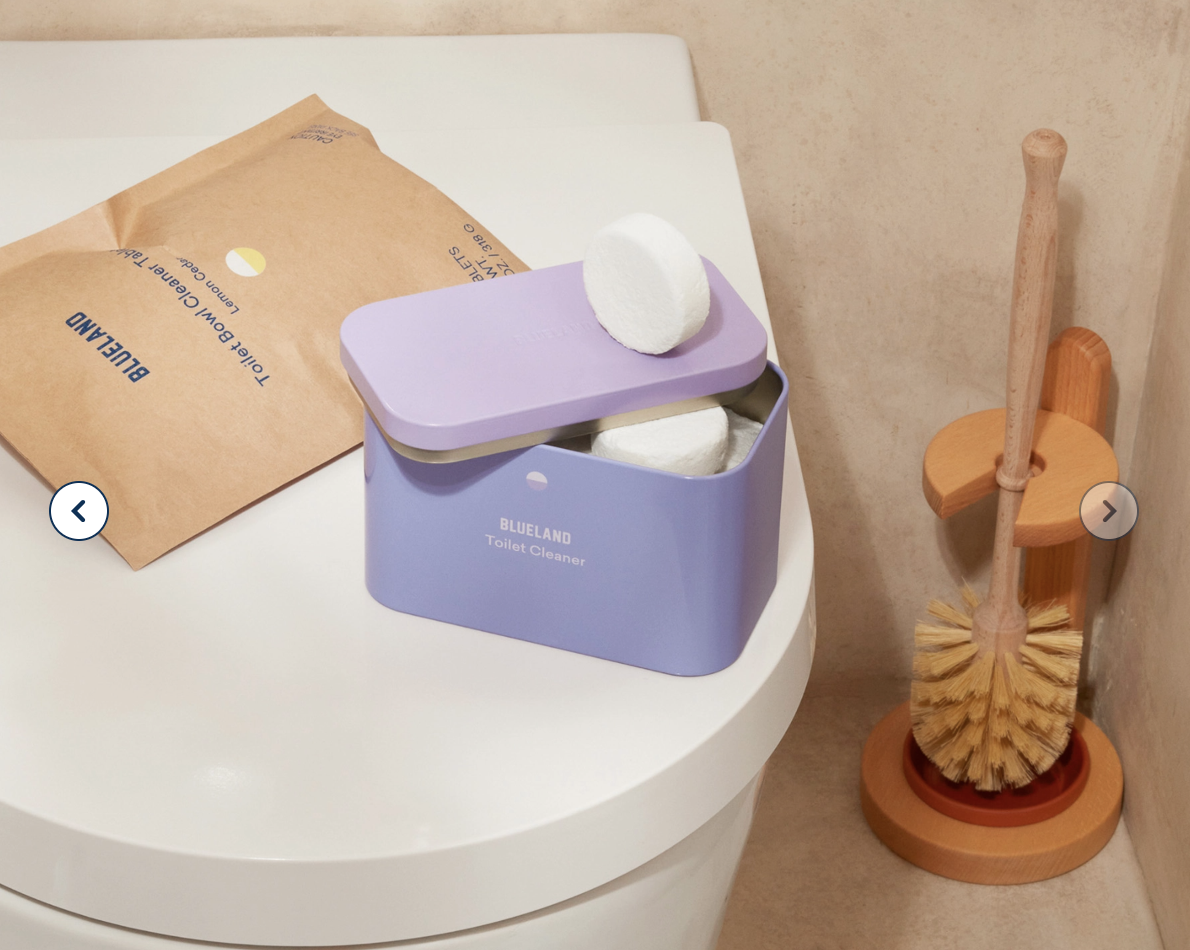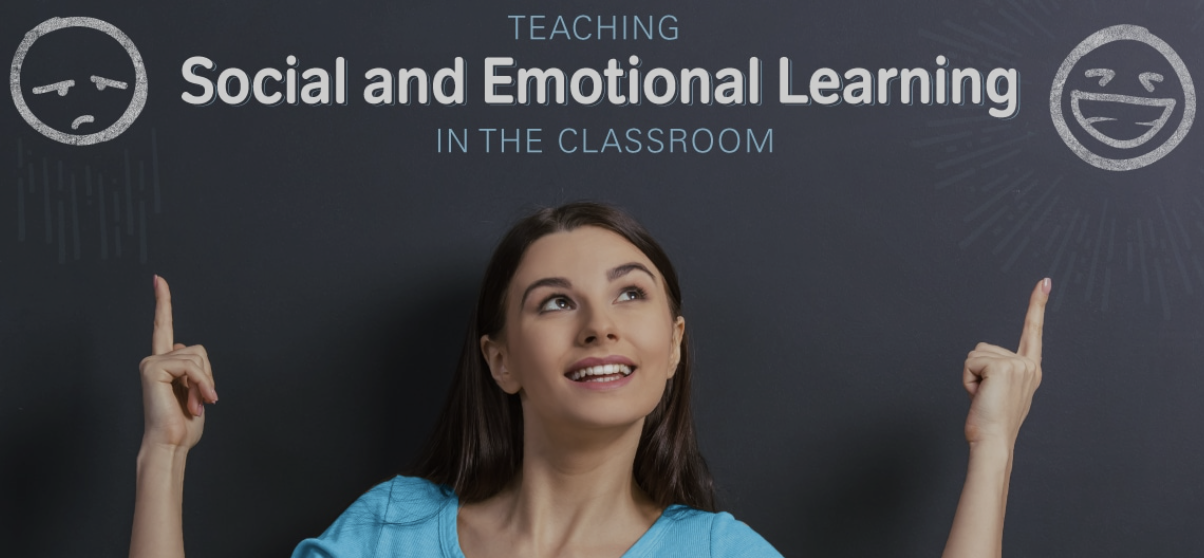Want to know the secret to boosting student engagement? (Hint: it fits in the palm of your hand)

The PIPs for School (P4S) program “helps you to set everyday goals that help the environment,” explains a University of Colorado Colorado Springs (UCCS) student participant. “You feel accomplished at the end of each day.”
Nearly 3,000 UCCS students joined in the P4S program, which started in August 2019 and ended in July 2022. Students took an average of 83,000 actions a year, ranging from refilling water bottles, recycling, and biking to joining in on-campus health and fitness programs, attending career-building events, or completing leadership skill trainings.
In an end-of-year survey, three-quarters of respondents said that PIPs provided them with a “behavioral framework for living their values.” Cale K., an ecology major and student guide, offered an example which we included in his Student Spotlight: PIPs made the difference “between [driving a car everyday and] buying a parking pass…and [doing] some walking to get the PIPs.”
“The actions themselves are really beneficial,” he emphasized, but it was the “extra incentive” that coaxed students to be more conscious of their choices, instilling in them “a decisional framework” for making similar choices going forward.
P4S is an innovative “action-study” program that utilizes the PIPs Rewards™ (PIPs) behavior motivation and tracking app to incentivize student engagement in personal, community, and planetary action. The program, implemented in partnership with local non-profits and post-secondary institutions, is powered by PIPs, a “currency of good” which stands for Positive Impact Points, that can be earned through game-like engagement in responsible behaviors and used to unlock scholarship grants and gift cards for food and other essentials.
The program benefits accrue not only to the students, but to the institution as well. How is this possible?The PIPs program fee that the university pays can to a large extent be recouped, depending on how many PIPs students choose to convert into scholarships. Over three years, UCCS recouped 56% of its total fee in scholarship grants. With gift card redemptions factored in, students derived value equal to 82% of the total paid by the school.
Moreover, according to an analysis conducted by UCCS, freshmen in the P4S program in 2019–20 re-enrolled in Fall 2021 at a rate 5% higher than the class as a whole. While this does not prove causality, as the former Director of the Office of Sustainability explained, P4S provides “an opportunity for the Office of Sustainability to be elevated as an important partner in student engagement and retention efforts on campus.”
When talking to new students, Cale eagerly promotes the PIPs App, saying, “You need to download this right now.” Shortly after, he says, “I usually will get at least a segment of students who will be downloading it at the table with their parents looking over their shoulder, but it’s a great thing because it gets them enthusiastic about where they’re sending their kids to school.”
Click to learn more about PIPs for School.
By Wendy Gordon
President, PIPs Education Fund


